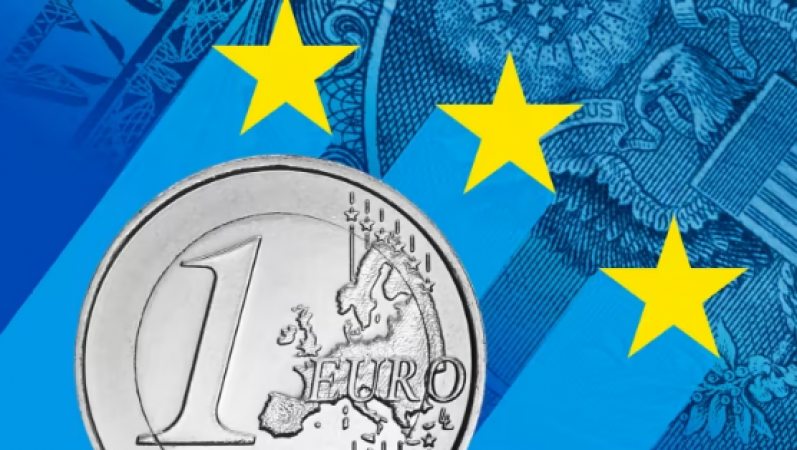
LONDON: As Russia's war in Ukraine, high inflation, and monetary policy tightening hit risk assets globally, European markets ended the year with their worst performance since 2018.
The pan-European Stocks 600 index experienced its worst performance since a 13.24% annual decline in 2018 as it ended the final trading day of 2022 down 1.3%, but down 12.76% since the beginning of the year she came. 2021 was a banner year for the European blue-chip index, rising 22.25% year-to-date.
The German DAX fell 1.1% on Friday, and the French CAC 40 lost 1.5%, for annual losses of 9.5% and 12.5%, respectively, on both exchanges.
Also Read: Taiwan will reinvest $12 billion in extra tax revenue in the economy in 2023
U.K. The FTSE 100, which opened for the half day on Friday, closed 0.8% lower and posted a 1.2% annual gain. 2022 sees the biggest annual losses for the FTSE 250, which has turned more domestically, since 2008.
Around the world, economies were still struggling to recover from the COVID-19 pandemic at the start of the year. China's ongoing lockdown and other supply constraints have forced the U.S. contributed to the Federal Reserve being later discredited as "fleeting" inflationary pressures.
Food and energy prices skyrocketed in response to Russia's unprovoked invasion of Ukraine in February, and the pressure has been exacerbated by the country's decision to weaponize its exports of these goods in the face of widespread Western sanctions. This helped push inflation to multi-decade highs in several major economies.
Also Read: Goldman Sachs' CEO announces job cuts amid concerns about the world economy
Activity eventually began to be affected by the cost-of-living crisis brought on by skyrocketing energy costs for consumers and businesses, prompting the Fed and other major central banks to tighten monetary policy by aggressively raising interest rates to control inflation. was forced to ,
However, these efforts to reduce demand had a significant negative impact on already struggling economies. According to projections, the United Kingdom may already be experiencing its longest recession on record, and a recession in the euro area is highly likely as well.
Investors are looking to 2023 with some trepidation as the war in Ukraine shows no signs of ending and China is in the process of reopening its economy as it ends three years of strict COVID measures.
Also Read: There may be a significant global economic depression In 2023
"The Fed was a major factor in what happened this year. If you were an investor in equities and bonds, you were getting less than one percent on the ten-year Treasuries on the year, which doesn't make sense. Quantitative tightening, higher interest rates, they were pushed up by inflation, and whatever was driven by liquidity got sold.
I think the companies, the fundamentals, the companies that can grow earnings, defend their margins, and possibly move higher, I think they're going to determine the market next year," he said. Said.